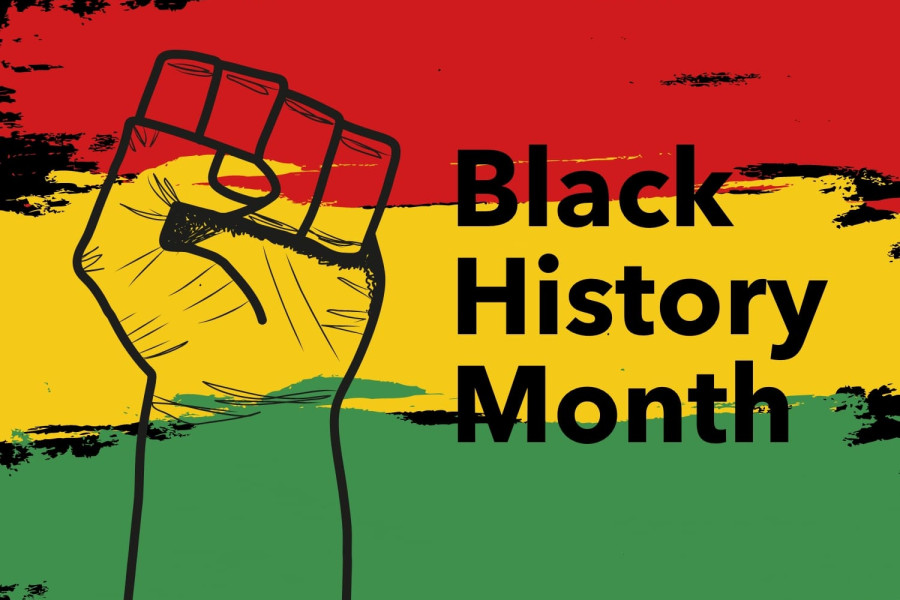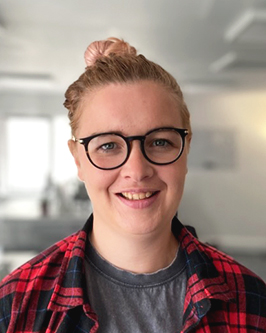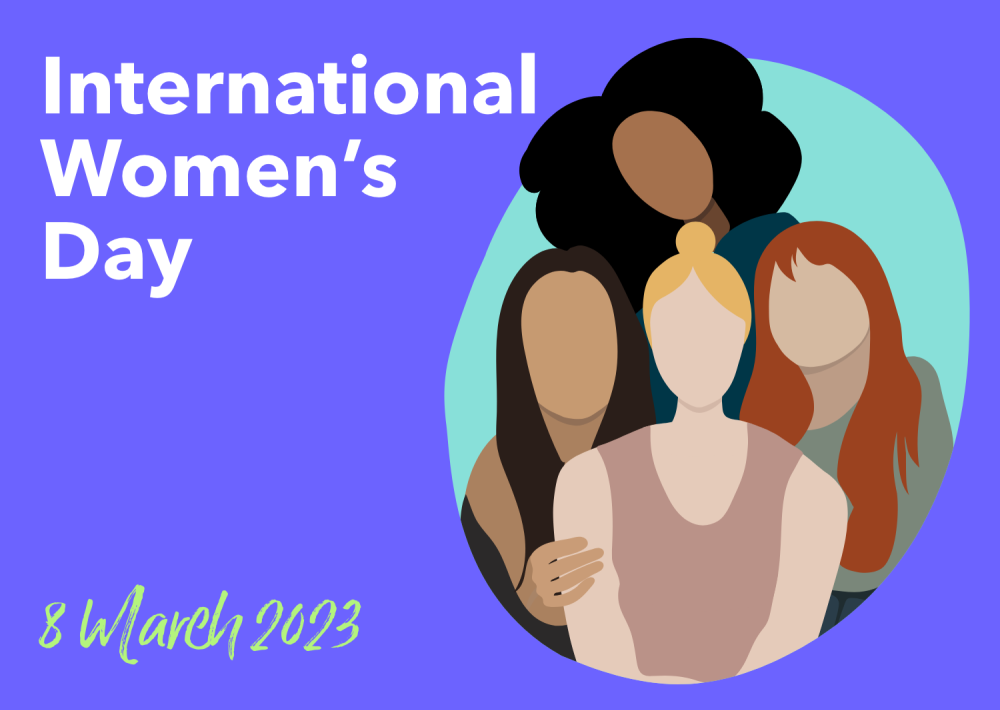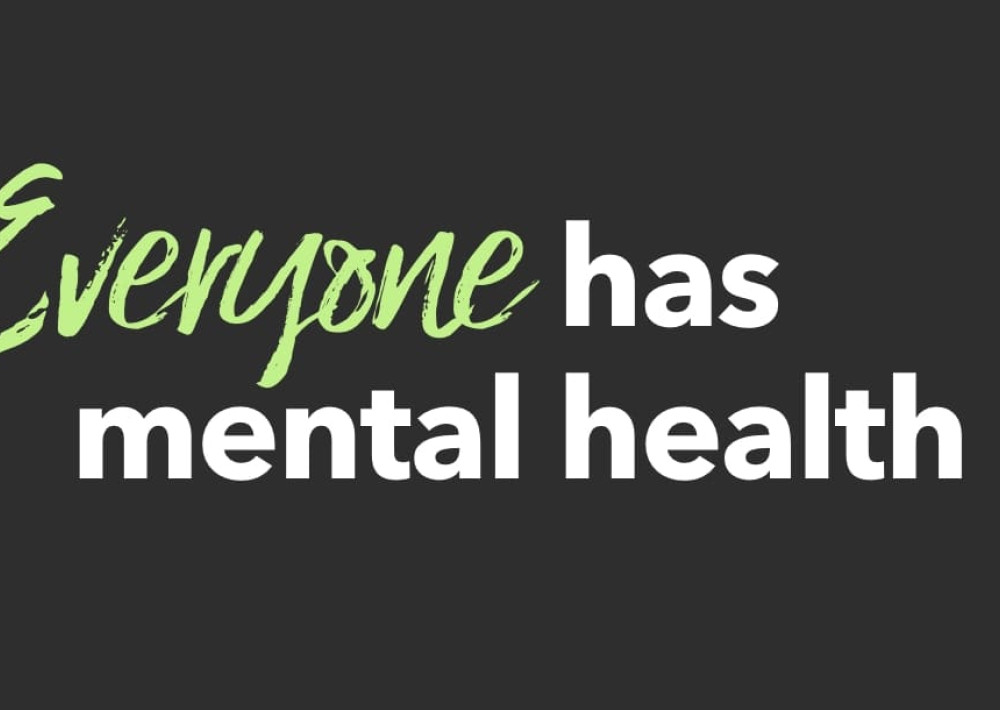Want to work with our team?
Get in touch
When you think of technology industry leaders and pioneers, the names Bill Gates, Steve Jobs, Mark Zuckerburg, and Jeff Bezos will be at the top of the list. And, while their achievements are impressive they all have one (ok, maybe 2) things in common, they’re all white (and men). In honour of Black History Month, we’ve put together a list of five black pioneers in the Technology and Computer Science industry that you probably haven’t heard of, but should have.
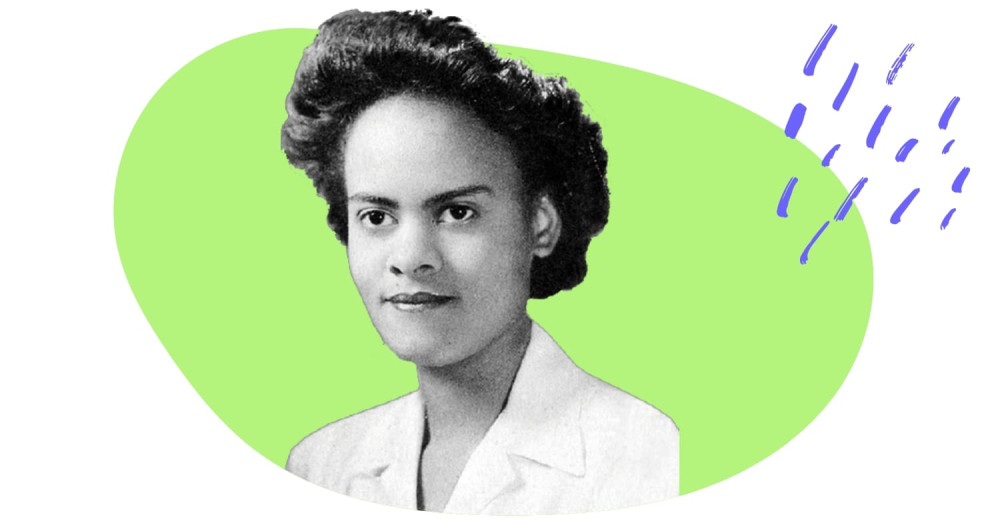
1. Evelyn Boyd Granville (1924 - )
First up on our list is Evelyn Boyd Granville, a pioneer in Computing. She was born during the era of the Jim Crow laws, which were laws that enforced racial segregation in the Southern States. These laws weren’t just restricted to the Southern States though, with many other states enforcing some sort of segregation. Evelyn Boyd Granville was born in Washington D.C. which had relatively few Jim Crow laws, however, segregation and racism were still endemic and laws existed that mandated segregation in schools and recreation facilities. Despite the exclusion she faced purely because of her race, she was the second black woman to receive a P.h.D. in Mathematics in the USA1.
Her passion for Mathematics started in school. She went to a school for black students whose aim was to send their pupils to the top universities in the USA. And it was there that she was encouraged to study Mathematics by two of her teachers.2
She became interested in computer programming whilst working at the Diamond Ordnance Fuze Laboratories. From there she became a Computer Programmer at IBM and worked on software for the IBM 650 – the first computer intended for use in business.
When IBM gained a NASA contract she moved to the Vanguard Computing Center, where she wrote computer programs that tracked the paths of satellites and spacecraft.
In the late 1960’s she moved into the world of academia and taught Mathematics over the next 25 years at California State University, Texas College, and the University of Texas. Throughout this time she was a strong advocate for women's education in tech and developed enrichment programs for schools and colleges.
There’s no arguing how much this incredible woman has achieved and she has received numerous awards and honours throughout her impressive career. Most notably, in 1989, she was awarded an Honorary Doctorate Degree in Mathematics from Smith College – becoming the first black woman to receive one from an American College.3
More recently, she was named one of “four giants of women’s contributions to Science and Technology”, by New Relic’s Mount Codemore Initiative4 and, in 2019, she was recognised by Mathematically Gifted & Black as a Black History Month Honoree5.
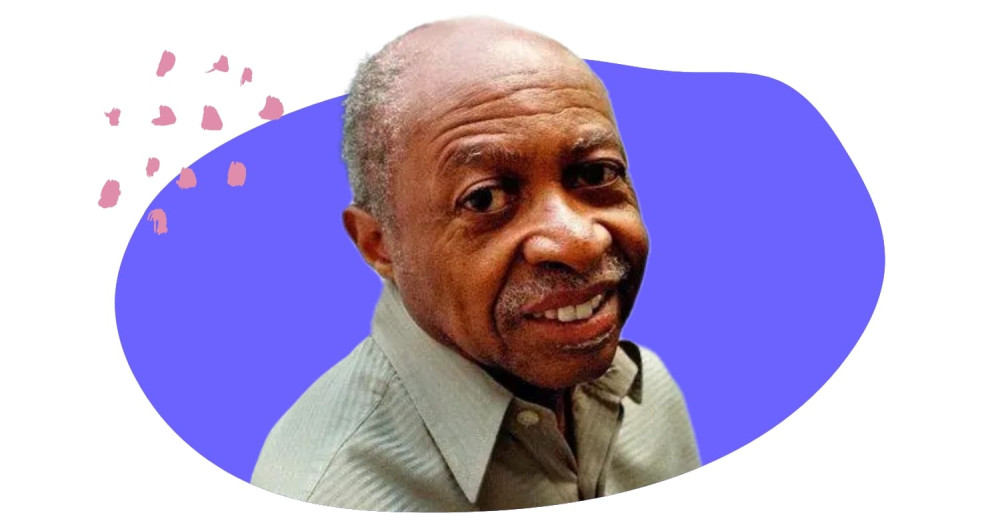
2. Roy L. Clay (1929 - )
Roy L. Clay is a significant figure in Silicon Valley. In fact, he’s so significant that he’s often referred to as the “Godfather of black Silicon Valley” and in 2003 he was inducted into the Silicon Valley Engineering Council’s Hall of Fame6. Another huge achievement considering the times in which he was born.
He was one of the first black men to graduate from St. Louis University. However, after university, he struggled to find a job. He was told at one job interview, “We are very sorry but we have no jobs for professional negroes”7. It was after this, that he decided to teach himself to code and became a programmer at Lawrence Livermore National Laboratory where he was involved in creating a radiation tracking system to study the aftermath of a nuclear explosion8.
In 1962, he moved to California and started working at Hewlett-Packard. There he launched its Computer Science Division9 and he was the director of the team that launched Hewlett-Packard’s first computer, the HP-2116A. He continued working at Hewlett-Packard until the mid 70’s, becoming the highest-ranking black member of staff.8
In 1977 he launched his own company - ROD-L Electronics. Not only did he ensure his company was leading the way in technical innovation, but he was also focused on community work. At one point it was claimed that ROD-L Electronics was the biggest employer of black professionals in Silicon Valley10.
Throughout his life, he has achieved many firsts and has been involved in many community organisations. Not just when he set up his own company, which was awarded the Dads Count Family Friendly Award by San Mateo County. At Hewlett-Packard, he launched an initiative to increase black professionals working in Silicon Valley. He was the first black person on the Palo Alto City Council. He was the first African American member of the Olympic Club and in 2002 was named as one of the most important African-Americans working in technology by the African American Museum and Library at Oakland10.
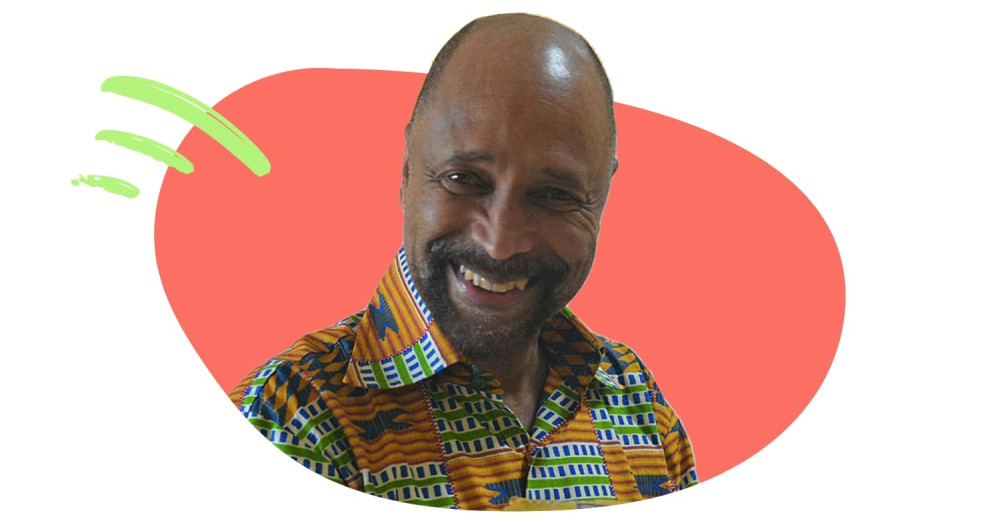
3. Clarence “Skip” Ellis (1943 - 2014)
During Covid-19, we had to start working from home and yet still collaborate with our teammates. The ability to collaborate remotely might not have been possible were it not for Clarence “Skip” Ellis.
Clarence “Skip” Ellis’ passion for Computer Science developed when he got his first part-time job at the age of 15. He was employed to guard and watch over the manufacturing firm, Dover’s, new computer. Despite not being allowed to touch the computer, he read all of the manuals and taught himself everything there was to know about the computer. One evening, the computer malfunctioned and he was the only person with the knowledge to fix it. After this incident, he was always sought out to fix any issues and to operate the computer.11
He was able to go to university due to a scholarship awarded to him from his family's church. After graduating he attended the University of Illinois at Urbana-Champaign and in 1969, became the first black person to get a Ph.D. in Computer Science.
During his career, he worked at multiple major tech companies including, Bell Labs, MIT, IBM, and Xerox. From 1976 to 1984 he worked at the Palo Alto Research Center (PARC). It was here that he developed the first office system, OfficeTalk, to use icons and Ethernet to enable people to collaborate from a distance. He became a pioneer in this field of operational transformation and this work in collaborative systems can be found in applications we use today, such as Google Docs.12
Throughout his career, he published over 100 technical papers and several books. He was in multiple academic and professional bodies and in 1998 was named a Fellow of the ACM (Association for Computing Machinery)13. A prestigious status, that was only reserved for the top 1% of ACM members.
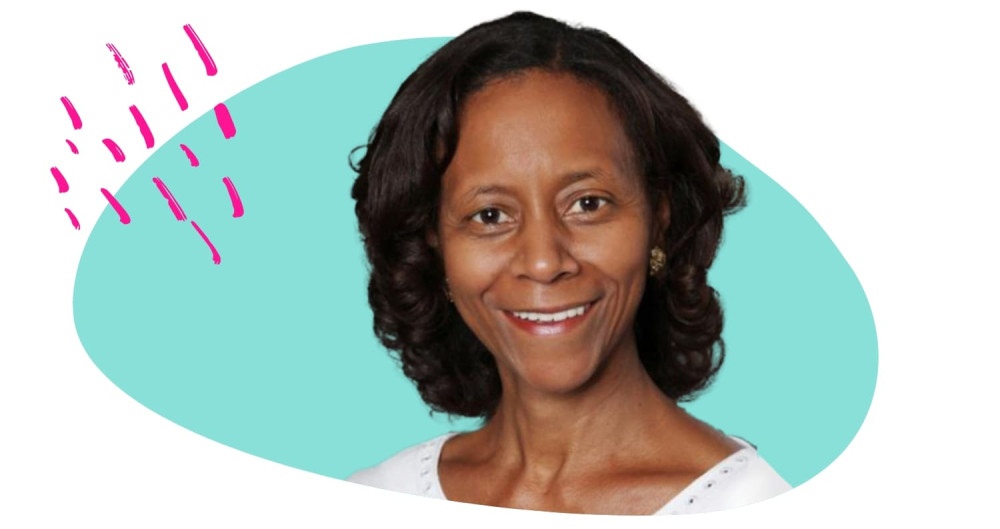
4. Marian Croak (1955 - )
Another tech pioneer who has made the transition to remote working a lot easier is Marian Croak. She is currently the Vice President of Engineering at Google and holds more than 200 patents14.
Her passion for Technology and Science started as a child when her father built her a Chemistry set15. She then went on to gain a bachelor's degree from Princeton University and a P.h.D. from the University of Southern California16.
After she graduated, she worked at AT&T Bell Laboratories, where she was employed for over three decades15. Whilst at AT&T Bell Laboratories she worked on digital communications. Almost half of her patents were for advancing Voice over Internet Protocol (VoIP) technologies. VoIP converts voice data into digital signals which can be transmitted over the internet. The advancements she made in this area were vital for remote audio and video conferencing16. Although with the amount of Zoom family quizzes we had to endure over lockdown, perhaps we should be less thankful for that one!
Her biggest achievement, however, has to be the technology she patented that allowed people to donate to charities and organisations through text messaging. She was inspired to create this technology in the aftermath of Hurricane Katrina and, through this technology a huge 43 million dollars was raised after the Haiti Earthquake17. She’s won multiple awards for this technology, including the 2013 Thomas Edison Patent Award16.
In 2014, she started as Vice President of the engineering group at Google14. Her responsibilities include increasing access to the internet in developing countries15. She is also a strong advocate for women and people of colour, working on racial justice in Google and encouraging girls and women in engineering17.
Alongside her 200+ patents, she’s also received many awards and accolades. Including being inducted into the National Inventors Hall of Fame and the National Academy of Engineers15.
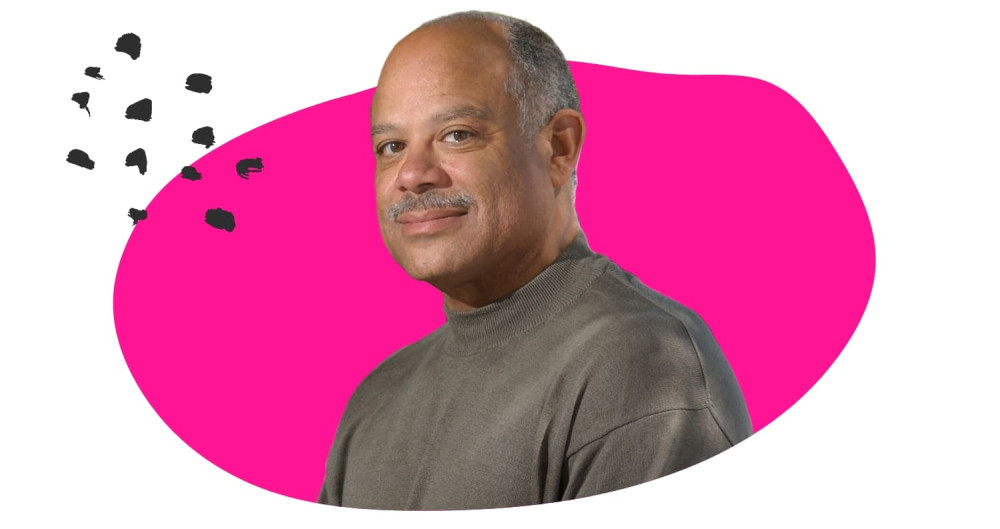
5. Mark Dean (1957 - )
Mark Dean grew up in Jefferson City, Tennessee. During the 1950’s schools were becoming integrated, however, there was still segregation in certain facilities. This led to civil unrest and it was actually in Tennessee in 1968, that Martin Luther King was assassinated.
However, Mark Dean didn’t see this prejudice as a setback, he in fact used it as motivation:
“Adversity and prejudice are a fact of life for any minority component of a population, but can be overcome by staying confident in yourself and your abilities,” said Dean. “Confronting prejudice and making people aware of the prejudiced situation or behavior will either educate the unaware, expose your strength of character, and/or create a dialogue that puts you in a leadership position."18
Mark Dean's passion for technology started in high school, where he built his own computer, radio, and amplifier19. He excelled in Computer Science and gained a bachelor’s degree, a master’s degree, and a P.h.D. in the subject.
In 1980, he started working at IBM and co-created the IBM personal computer, holding three of the original nine PC patents. He was also instrumental in developing the ISA bus, which enables multiple devices to connect to a computer at one time, and the colour monitor.
His achievements in the tech industry have not gone unnoticed and in 1996, he became the first-ever black IBM Fellow, which is the highest honour a scientist, programmer, or engineer can achieve at the company20. A year later, he was honored with the Black Engineer of the Year President's Award and was inducted into the National Inventors Hall of Fame21. And, in 2001, he was elected as a member of the National Academy of Engineering for innovative and pioneering contributions to PC development22.
So, what's the current state of the tech industry?
These incredible people were born at a time where there were laws in place that actually stopped them having the same rights as their white counterparts. And whilst there are now laws in place (both here and in the US) to prevent people from being discriminated against because of their race, unfortunately, black people are still discriminated against. Whilst the five people listed above were all employed by large well known tech companies, and Roy L. Clay was a significant figure in Silicon Valley, unfortunately the tech industry is still not very diverse and is less diverse than other STEM industries. In America, black people make up 7% of people who work in tech and it’s even worse for black women who, although account for 16% of the US population, only represent 4% of tech roles. Looking at Silicon Valley specifically, black people make up 8.8% of Google’s workforce, 3.9% of Facebook’s and 4.9% of Microsoft’s.23
In the UK, it’s much harder to get accurate data about black people in the tech industry. That’s because black representation numbers are grouped under BAME (Black, Asian and Minority Ethnic), which has been widely criticised. Tech is a very good example of why grouping data under BAME numbers is problematic as Asian workers are actually overrepresented in the tech industry – they make up 17% of the tech workforce, yet in England and Wales they only make up 7.5% of the population.24
The UK Tech Workplace Equality Report by Hired25 shows just how underrepresented black workers are within the industry. The respondents of this report were mostly based in London, and in London 13% of the population define themselves as black, however, in the report a shocking 3% of the respondents were black.
This data makes it sound very bleak, however, things are moving in the right direction. The majority of companies in the tech industry recognise that there is an issue and are actively committed to improving diversity and creating more inclusive workplaces. Let’s just hope that with this awareness and the initiatives that they’re putting in place that in the future these reports will be much more positive.
Want to work with our team?
Get in touchReferences
1.https://insights.dice.com/2020/03/06/13-famous-women-changed-tech-history-forever/
2. https://mathshistory.st-andrews.ac.uk/Biographies/Granville/
3. http://www.math.buffalo.edu/mad/PEEPS/granville_evelynb.html
4. https://web.archive.org/web/20180330132015/https://blog.newrelic.com/2016/04/26/mount-codemore-women-in-technology/
5. https://mathematicallygiftedandblack.com/honorees/evelyn-boyd-granville/
6. https://paloaltohistorymuseum.org/moments-in-history-roy-clay-sr/
7. https://books.google.co.uk/books?id=FpG_9657sfUC&q=roy+clay+sr&pg=PA9&redir_esc=y
8. https://www.postnewsgroup.com/2015/03/23/computer-genius-roy-l-clay-sr-started-life-ferguson-mo/
9. https://www.almanacnews.com/morgue/2002/2002_12_25.clay.html
10. https://paloaltohistorymuseum.org/moments-in-history-roy-clay-sr/
11. https://en.wikipedia.org/wiki/Clarence_Ellis_(computer_scientist)
12. https://cs.illinois.edu/about/awards/alumni-awards/alumni-awards-past-recipients/clarence-ellis
13. https://medium.com/@mayborn_unt/clarence-skip-ellis-the-first-black-ph-d-in-computer-science-6ccae49b148
14. https://illumination.duke-energy.com/articles/meet-5-remarkable-heroes-of-science-and-technology
15. https://lemelson.mit.edu/resources/marian-croak
16. https://www.invent.org/sites/default/files/2021-09/Croak_Fact_Sheet_0.pdf
17. https://www.invent.org/blog/inventors/marian-croak-voip
18. https://news.utk.edu/2015/02/19/trailblazer-mark-dean-engineering/
19. https://www.black-inventor.com/dr-mark-dean
20. https://www.ibm.com/ibm/ideasfromibm/us/ibm_fellows/
21. https://www.biography.com/inventor/mark-dean
22. https://en.wikipedia.org/wiki/Mark_Dean_(computer_scientist)
23. https://www.zippia.com/advice/diversity-in-high-tech-statistics/
24. https://techmonitor.ai/leadership/workforce/black-representation-tech-what-figures-dont-tell
25. https://hired.com/uk/uk-tech-workplace-report/#black-tech-workers
